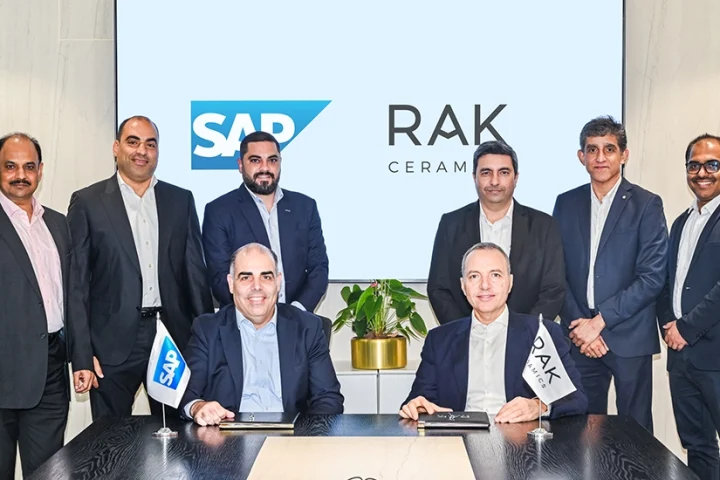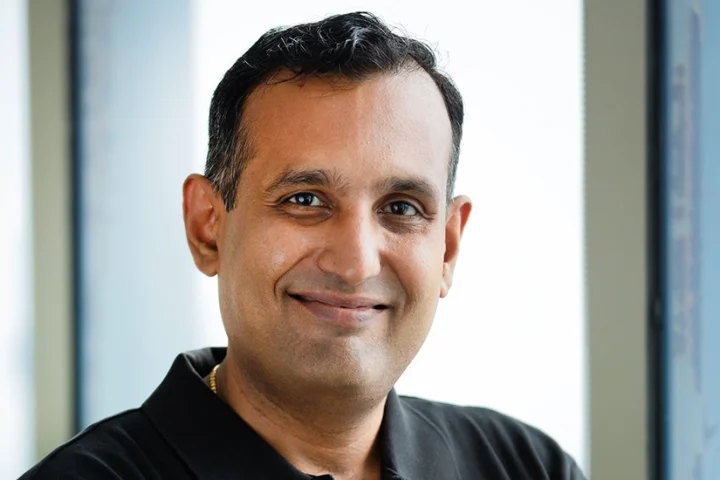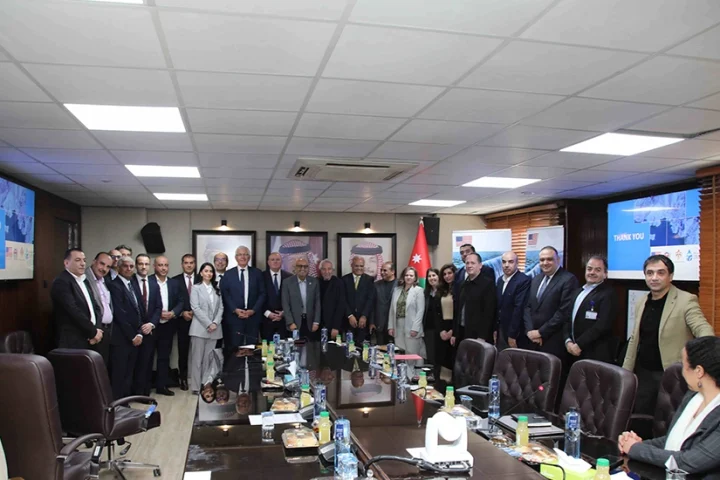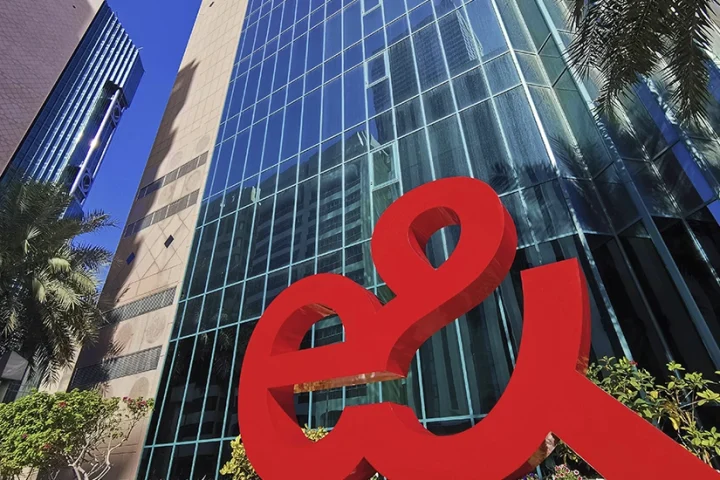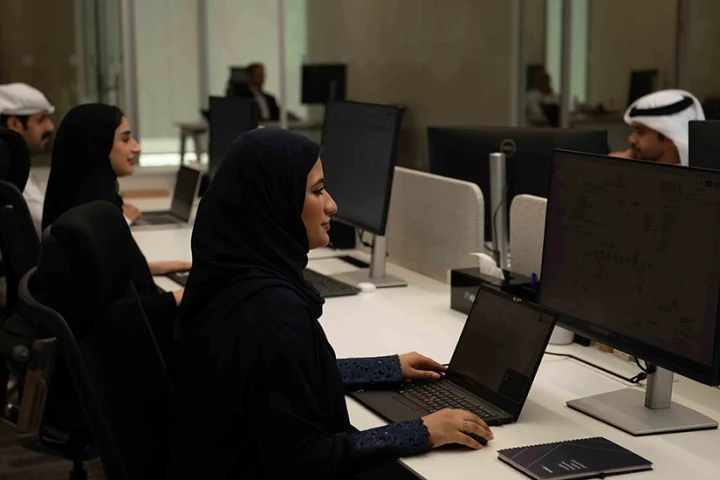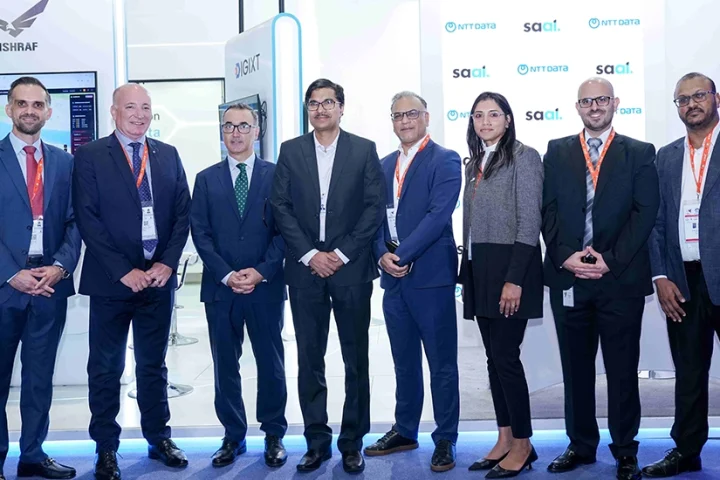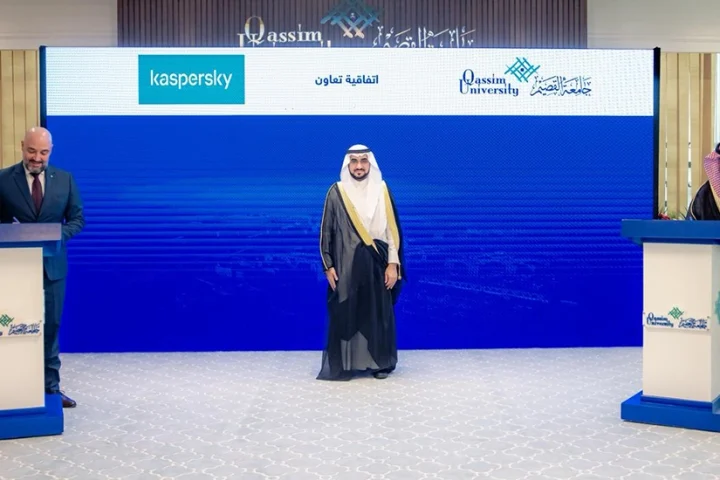Oliver Wyman has shared important insights from its recent report The New Growth Agenda: How CEOs are Navigating Emerging Shifts in Geopolitics, Trade, Technology, and People, based on a survey of more than 100 chief executives of NYSE-listed companies, many of which have a truly global footprint and hold interests in the Middle East region.
Ahead of the Future Investment Initiative (FII) Institute Summit in Riyadh this week, under the theme ‘Infinite Horizons: Investing Today, Shaping Tomorrow’, this publication provides investors and policymakers with insights into key trends and opportunities shaping the future of industry and enterprise.
The report by the management consulting firm’s think tank Oliver Wyman Forum reveals that today’s business environment is particularly mixed, and both promising and uncertain at the same time. It notes that: “today’s CEOs don’t have the wind at their back – they’re traveling directly into it.”
Because of this, CEOs are putting both growth and efficiency at the top of their agenda, are investing in AI, are prioritizing workforce performance, and are seeking to reduce exposure to geopolitical risk. It also highlights key trends in talent development and digital transformation that are pivotal areas of focus in Saudi Arabia, aligning with the Kingdom’s Vision 2030 goals.
Seif Sammakieh, a partner in Oliver Wyman’s Government and Public Institutions Practice and the head of the Riyadh office highlighted a key connection between the priorities of CEOs and an essential strategy in Saudi Arabia: “The findings of our report, The New Growth Agenda, make it clear that upskilling talent is a top priority, with 31% of CEOs investing in filling critical skills gaps and reskilling their workforce. This is also a priority in Saudi Arabia, where the labor force is being rapidly upskilled in burgeoning sectors such as tourism, entertainment, and hospitality. A substantial investment in talent development will be critical for the country’s success, and to do so while rapid technological changes reshape the global workplace is remarkably timely.”
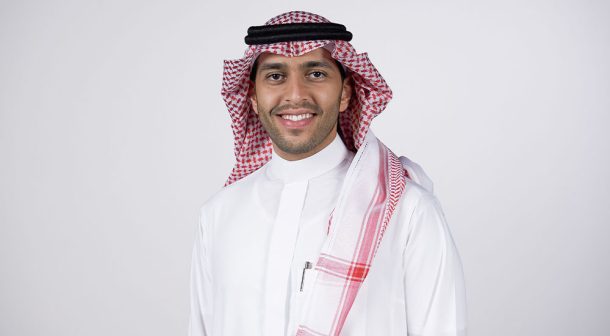
Key insights from the Oliver Wyman Forum report include:
- The rise and opportunities around AI will be a core topic at FII, and the report underscores that the technology is a key force driving optimism, noting that 96% of CEOs see AI as an opportunity rather than a risk.
- However, wider optimism about the potential of new technologies is balanced by concerns around rising global tensions and increased government intervention, and CEOs are adapting their operating models accordingly – 78% of those surveyed plan to act in the next two years to address geopolitical instability, protectionism, and changing government industrial policies.
- Many of the forces that drove corporate growth in the recent past — disinflation, low capital costs, deregulation, free trade, labour mobility, and geopolitical stability among them — have reversed course or are in jeopardy. Top concerns regarding business disruption include regulation, protectionism, and government subsidies (54%), volatile inflation and interest rates (51%), and geopolitical instability (37%).
- Only 12% of respondents ranked climate transition among their top three business disruptions, and sentiment is mixed regarding whether it’s an opportunity or a risk – 45% see it as a risk, 55% opportunity.
- Companies are actively reviewing their supply chain strategies, with 59% of CEOs de-risking or diversifying their supply chains to mitigate global risks, reflecting a proactive approach to managing uncertainties.
Abdulelah AlBarrak, a partner in Oliver Wyman’s Government and Public Institutions Practice in Riyadh, said: “The findings of The New Growth Agenda align well with the ambitions and scope of the FII Institute Summit, as investors from around the world gather in Riyadh to put growth at the top of the agenda. It identifies major opportunities in AI, as well as concerns that validate taking action now – more than 40% of CEOs cited not moving fast enough on AI and being left behind by competitors as one of their top AI-related risks.”






